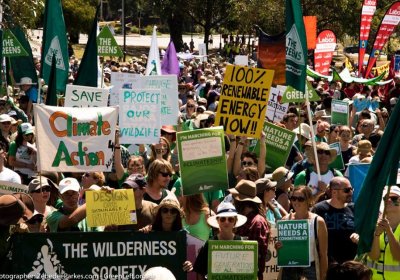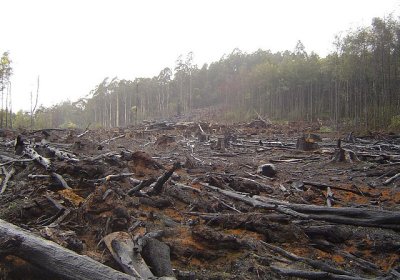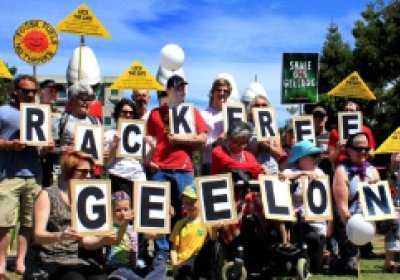The ACT Labor government has boosted its commitment to renewable energy still further, announcing Canberra will be fully powered by renewables by 2020.
The switch to renewable energy began with the decision in 2013 to fund three solar farms. Since then, it has held two wind auctions and signed 20-year contracts with four companies to buy energy for a guaranteed payment from wind farms in South Australia, Victoria and NSW.
Environment Minister Simon Corbell said Canberra was leading the nation on renewables, and reaping the benefits.
renewables
Key Liberal and National party electorates support a switch to 100% renewables by 2030 and a global moratorium on new coalmines, according to new ReachTEL polling commissioned by The Australia Institute.
A moratorium on new coalmines received between 50% and 57% support by voters in the seats of Dickson, held by Peter Dutton; New England, held by Barnaby Joyce; Warringa, held by Tony Abbott; and Page, held by Kevin Hogan.
With the Paris climate talks just around the corner it is timely to consider what effective policies to cut emissions might look like. Nationalisation and direct public investment are key policies that have historically been “bread and butter” political demands both for socialists and for the more radical voices within social democratic parties.
Climate activists from the Greens and Labor Environment Action Network should revisit these ideas, as they are a useful alternative to the dead end that is carbon trading.
Direct public investment
The federal government wants to allow burning native forest waste to qualify for renewable energy subsidies under the Renewable Energy Target (RET).
They reached a compromise with Labor early this month for a renewable energy target of 33 gigawatt hours (GWh).
However, negotiations have since broken down due to the federal government’s fine print inclusion of burning native forest biomass in furnaces and the retention of two-yearly reviews of the RET.
 The French government has joined the Australian government in ignoring its own reports that say a transition to 100% renewable energy is feasible and involves little extra cost.
Mediapart obtained a report from the French government’s environment and energy agency body ADEME that showed shifting to 100% renewable energy by 2050 is materially and technologically feasible. The report found it would cost relatively little more than the existing electricity supply, which is 75% nuclear.
The French government has joined the Australian government in ignoring its own reports that say a transition to 100% renewable energy is feasible and involves little extra cost.
Mediapart obtained a report from the French government’s environment and energy agency body ADEME that showed shifting to 100% renewable energy by 2050 is materially and technologically feasible. The report found it would cost relatively little more than the existing electricity supply, which is 75% nuclear.
Moreland city council in Melbourne unanimously passed a motion opposing the closure of remote Aboriginal communities by the Western Australian government.
The council will write to federal Minister for Indigenous Affairs Nigel Scullion, WA Premier Colin Barnett and local federal ministers and Victorian senators in protest. It will also send a letter of solidarity to the Aboriginal communities under threat of forced closure.
Sean Brocklehurst is the Socialist Alliance candidate for Pascoe Vale and Sarah Hathway is the Socialist Alliance candidate for Geelong in the Victorian elections on November 29. They released this statement on November 16.
***
Climate change is already killing hundreds of people in extreme heatwaves each year in Australia.
Australia’s dependence on fossil fuels and road transport are big contributors. More than 1000 Australians die each year from air pollution, mainly from fossil fuels. We need a rapid shift to renewable energy.
Victoria: Big coal state
- Previous page
- Page 3





